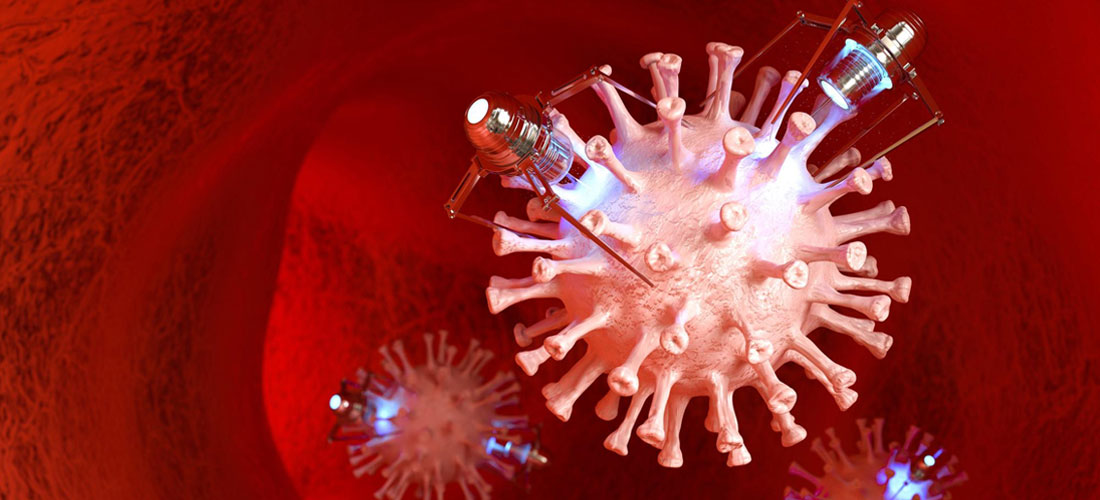Inflammation is the body’s natural response to infection, injury, or harmful stimuli, involving the activation of immune cells, blood vessels, and molecular mediators. While inflammation is essential for fighting infections, chronic or excessive inflammation can cause tissue damage and contribute to the pathology of a wide range of infectious diseases, including sepsis, tuberculosis, viral infections, and autoimmune disorders.

Inflammation plays a pivotal role in the pathogenesis of infectious diseases, where the immune response often serves to limit pathogen growth. However, in many cases, an overly robust or dysregulated inflammatory response can contribute to tissue damage and disease progression. For example, in conditions like sepsis, COVID-19, and tuberculosis, inflammation can exacerbate disease severity, leading to poor clinical outcomes.
This session will provide a comprehensive look at the dual role of inflammation in infectious diseases: its protective aspects and its potential to drive disease-related damage. We will explore the molecular mechanisms underlying the inflammatory response, its regulation, and how imbalances in inflammation contribute to chronic infections and related complications.
Key topics covered will include:
- Mechanisms of inflammation: innate and adaptive immune responses
- Cytokine storms and hyperinflammation in viral infections (e.g., COVID-19, influenza)
- Chronic inflammation in persistent infections (e.g., tuberculosis, HIV)
- Inflammation in autoimmune responses triggered by infections (e.g., rheumatic fever)
- Role of inflammation in the pathophysiology of sepsis and other critical infections
- Anti-inflammatory and immunomodulatory therapies for infectious diseases
- Biomarkers of inflammation for infection diagnosis and prognosis
- Impact of microbiota and the gut-immune axis in inflammatory responses
- Clinical implications of inflammation in treatment strategies and infection resolution
This session will benefit infectious disease specialists, immunologists, microbiologists, clinicians, and researchers working on therapeutic interventions to modulate inflammation in infectious diseases.